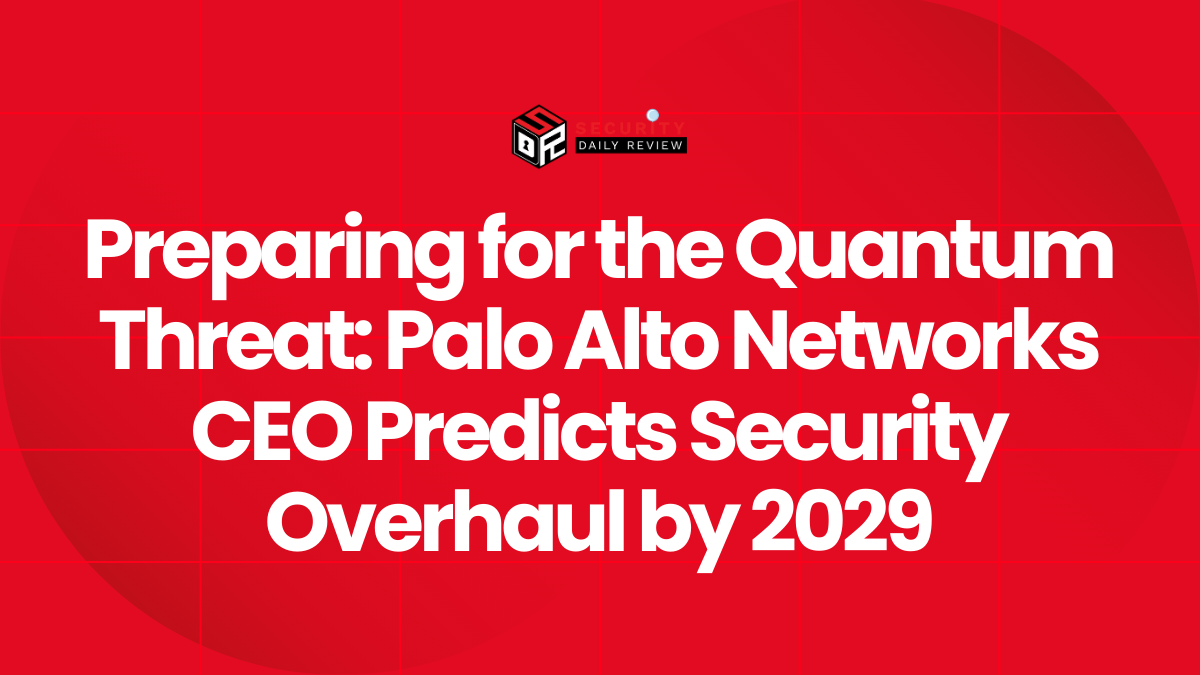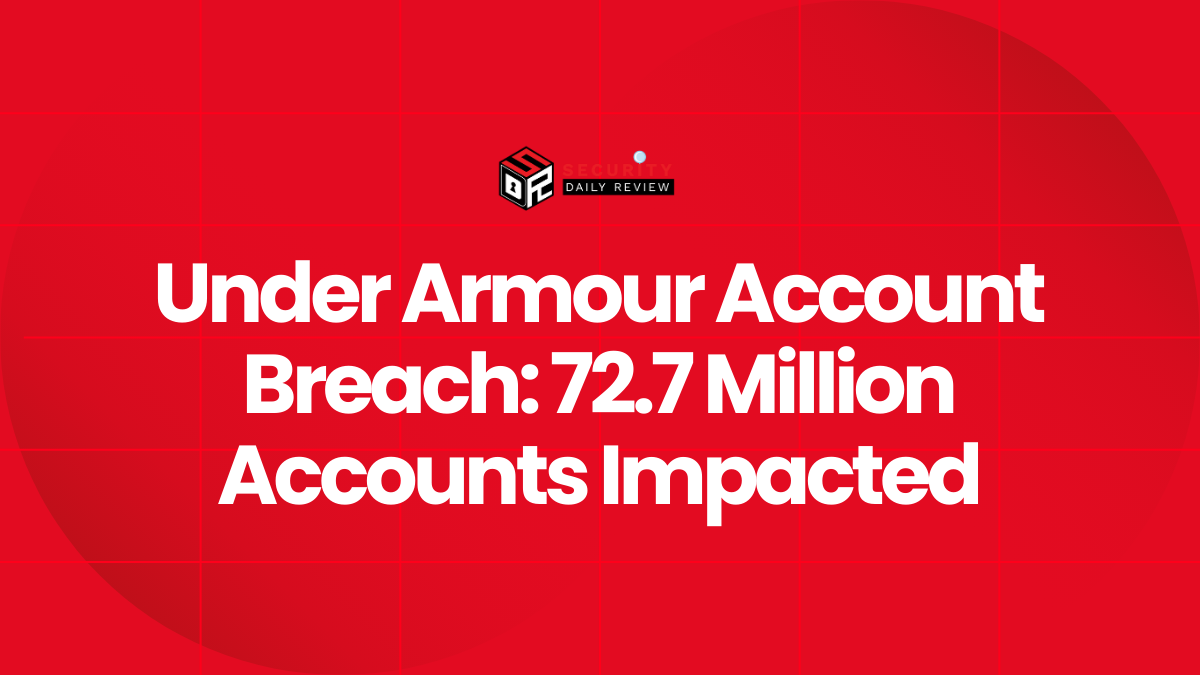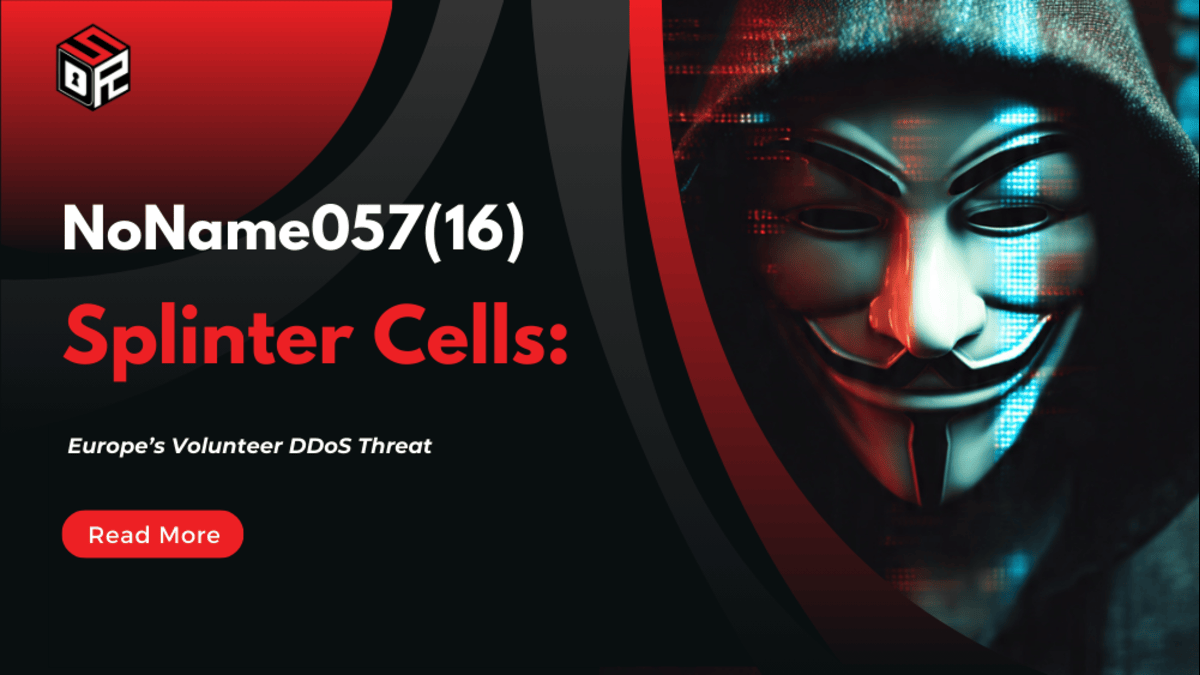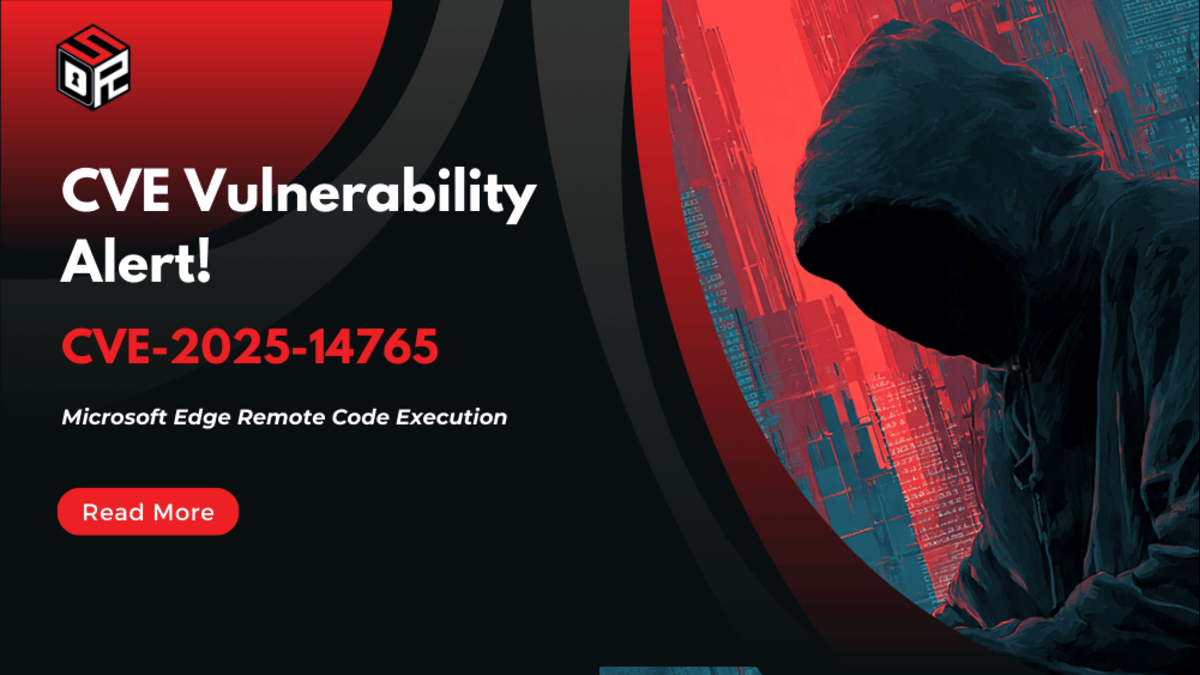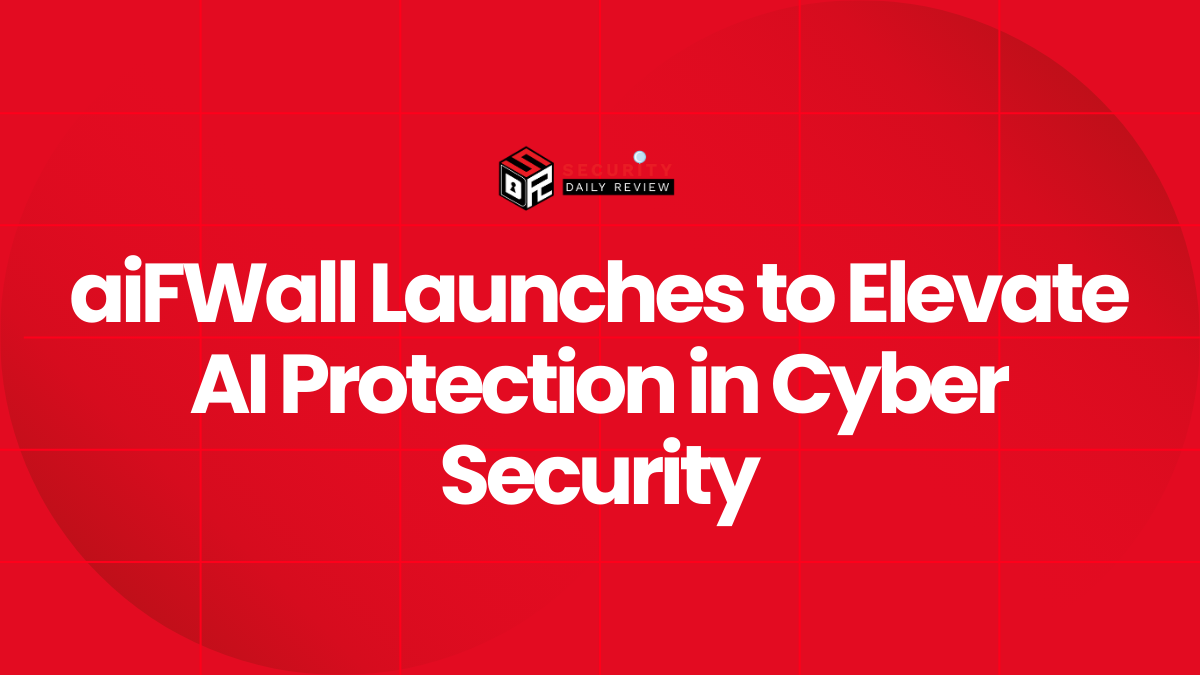A radical shift in cybersecurity infrastructure may be on the horizon as advances in quantum computing threaten to break traditional encryption methods. Speaking during a recent event, Palo Alto Networks CEO Nikesh Arora predicted that within five years—by 2029 or sooner—nation-state actors might develop practical quantum computing capabilities, with dire implications for current cybersecurity systems.
Quantum Advancements Pose Real-World Cybersecurity Risks
As Quantum Matures, Existing Cryptography May Become Obsolete
While quantum computing research has accelerated for years, concerns are growing that hostile nation-states will soon use these capabilities against existing cryptographic algorithms. According to Arora, the moment these quantum systems mature enough to break today’s public-key cryptography, most traditional security solutions—including firewalls, VPNs, and other encryption-reliant appliances—will become ineffective.
This forecast is not mere speculation. The National Institute of Standards and Technology (NIST) in the United States has already initiated a process to standardize post-quantum cryptographic (PQC) algorithms. Arora’s warning highlights the urgency with which enterprises must approach this technological shift.
A Costly and Complex Security Overhaul Is on the Horizon
Organizations May Face Broad Infrastructure Replacement
For cybersecurity professionals and IT leaders, this isn’t just a theoretical concern—it presents a significant operational challenge. If quantum computers can crack current encryption, organizations will need to:
- Replace existing cryptographic libraries with post-quantum alternatives
- Upgrade or replace security appliances that can’t support these new algorithms
- Review and potentially rebuild secure application architectures
Such transformations go far beyond software patches. In most cases, the embedded nature of encryption in networking and security hardware means complete replacement may be necessary.
State-Sponsored Actors Could Be Early Quantum Adopters
Nation-States Are Expected to Lead Weaponization of Quantum Tech
Palo Alto Networks expects hostile governments to leverage quantum computing before commercial sectors can defend against it. These actors may use quantum decryption capabilities to:
- Break encrypted communications in transit
- Access sensitive government or corporate data secured by today’s standards
- Undermine critical infrastructure by attacking trusted authentication mechanisms
This scenario makes defending against advanced persistent threats (APTs) even more critical as we shift into the quantum age.
Planning Ahead with Quantum-Resilient Architecture
CISOs Must Proactively Address the Quantum Transition
Chief information security officers (CISOs) and cybersecurity architects are advised to start planning for quantum resilience now, rather than waiting for the tipping point. Strategies should include:
- Conducting audits of cryptographic dependencies across software and hardware
- Identifying vendors who are actively pursuing quantum-safe technologies
- Participating in standards development and tracking the progress of NIST PQC implementations
Though Arora’s timeline may seem compressed, taking proactive steps now could spare organizations from rushed responses and associated risks later.
Quantum Readiness is No Longer Optional
The cybersecurity landscape is poised for transformative change. As Nikesh Arora warns, ignoring the pace of quantum development could leave enterprises dangerously exposed. Quantum computing won’t just evolve data processing power—it will upend core paradigms of data security, authentication, and trust.
Security professionals who begin preparing today—with a focus on encryption strategy, vendor readiness, and infrastructure review—will be better positioned to protect their organizations in a quantum-powered world.

